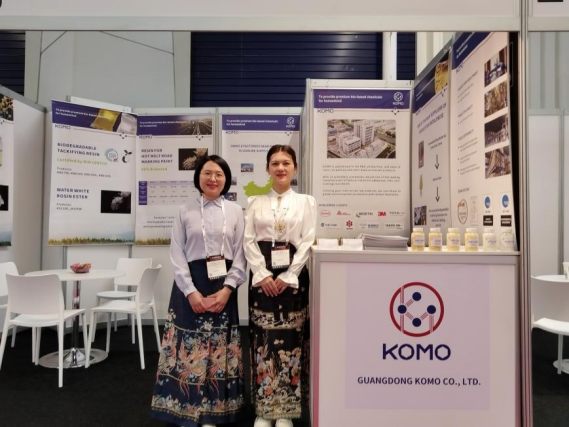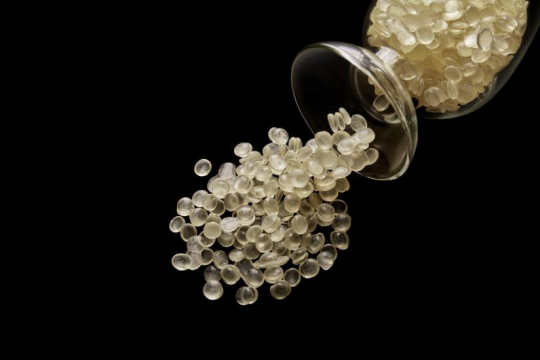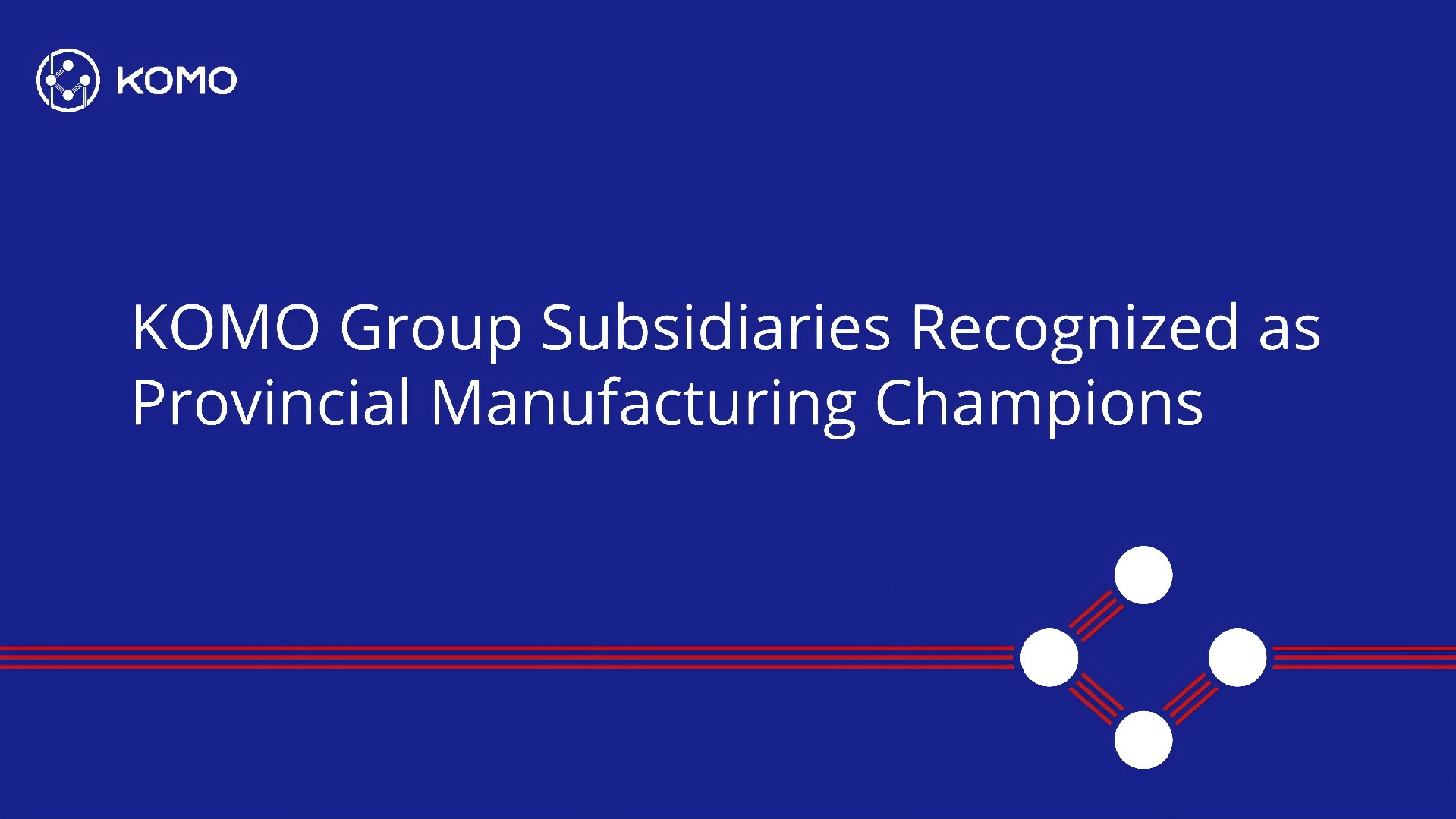From April 16 to 19, 2024, the Intertraffic Amsterdam, the world's largest exhibition for traffic management and road transport industries, took place in Amsterdam, Netherlands. The event, which drew over 900 companies from around the globe, focused on key topics such as green sustainability, assisted driving, and smart highways, capturing the attention of professionals worldwide.
Simultaneously, the 30th Middle East Coating Show, the largest and most professional coating industry event in the Middle East, kicked off in Dubai from April 16 to 18. Despite encountering a once-in-a-century torrential downpour, the event's enthusiasm for exploring advancements in coating technology remained undampened.
As one of the global suppliers of pine chemicals, KOMO actively participated in both events, providing high-quality, bio-based, carbon-negative, renewable, and biodegradable tackifying solutions to manufacturers of thermoplastic road marking paints worldwide.


With advancements in intelligent assisted driving technologies, the traffic industry increasingly demands more advanced and reliable materials to ensure markings are clear and complete for accurate machine recognition of road rules and conditions. Amid the global push towards "Net Zero Emissions", environmental performance has become a crucial evaluation criterion for road marking paint products.
Resins, one of the main components of thermoplastic road marking paints, are primarily categorized into petroleum resins and rosin resins. Petroleum resins are derived from byproducts of petroleum cracking, whereas rosin resins are sourced from natural rosin. In line with the trend towards environmental sustainability, KOMO's RM1060 series and other high-performance, high bio-based content rosin resins have attracted significant interest from customers in Europe and the Middle East.

Compared to petroleum resins, KOMO's thermoplastic road marking paint resin RM1060 series offers notable advantages:
Enhanced pressure resistance, wear resistance, and weatherability in road marking paints.
Improved adhesion to road surfaces, reducing the likelihood of cracking and detachment.
Better resistance to vehicle exhaust and staining, maintaining visibility more effectively.
Stronger adhesion to glass beads, enhancing reflective properties.
A bio-based content of around 98%, which is biodegradable and significantly lowers the carbon footprint of road marking paint products.
KOMO is not only dedicated to excellent product performance but also strives to meet market demands for environmental sustainability through innovative technologies. The company continues to develop products with high bio-based content, enhancing formulations and production processes to elevate the environmental performance and competitive positioning of its products, fulfilling customer needs effectively.




